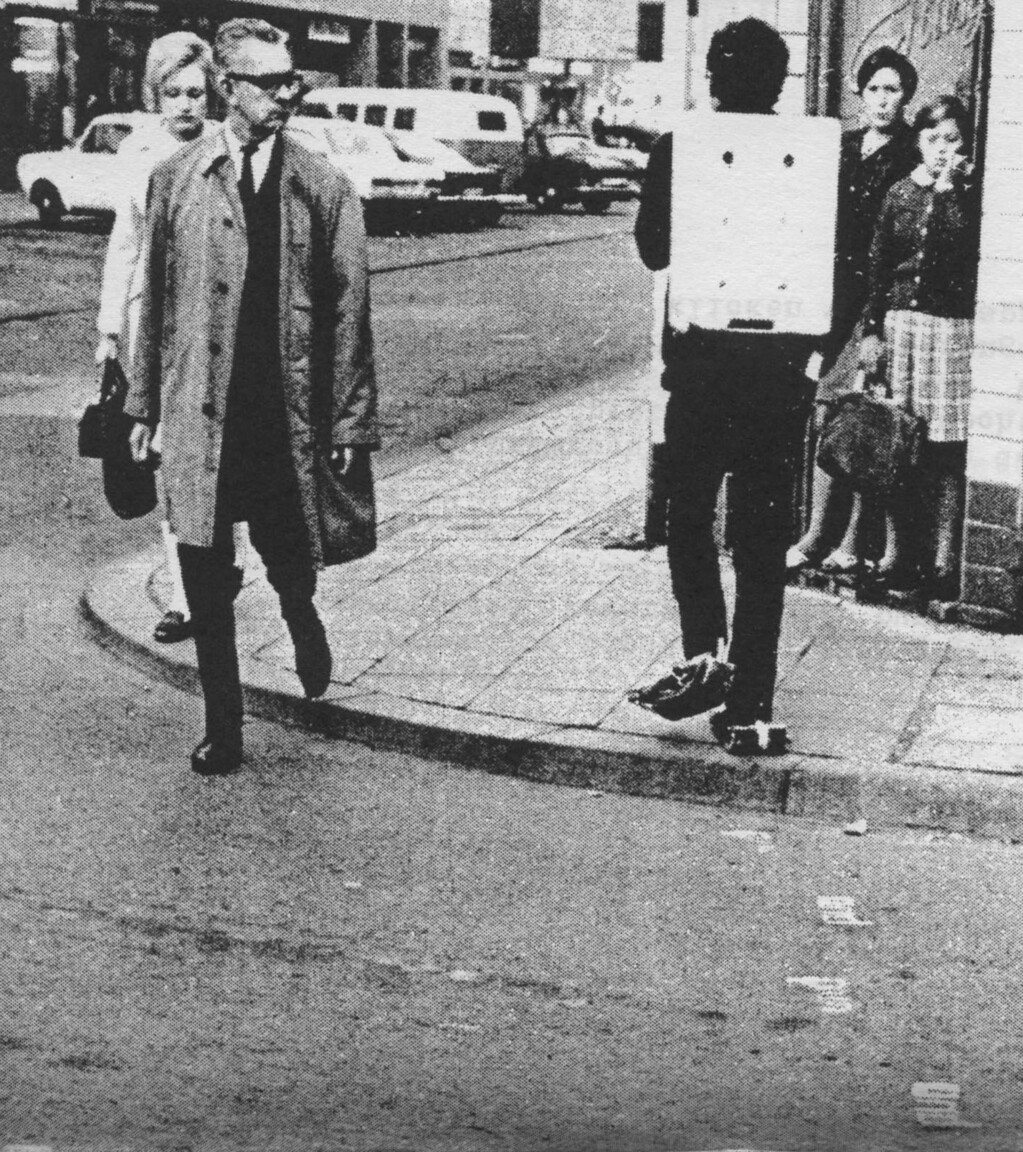Forelesning

Articulation and Entanglement: Notes on the “Global Contemporary”
A talk by Professor Andrew Stefan Weiner, from New York University, on relations between aesthetics, politics and media.
Over the last two decades interest in global contemporary art has surged sharply, whether on the commercial market, across the biennial circuit, or in the university. However, the speed of these developments has often outstripped our understanding of how such art might matter. What sort of assumptions about community, historicity, and universality subtend our concept of “the global contemporary”? What risks do we run by using this term without scrutiny? In what ways is the notion of the global contemporary entangled with or even determined by the hegemony of advanced neoliberal capitalism? How might we schematize the conditions under which aesthetics and politics can be most effectively articulated within our current conjuncture?
This talk engages such questions by examining the recent emergence of a hybrid space between art and politics –– the space of forms like social practice and artistic research. It traces the development of this “aesthetico-political” sphere back to the complex cultural politics of 1968 in Central Europe. Focusing on West Germany and Austria, the paper surveys the proliferation of new event forms like Media Actions, which sought to function both symbolically and directly. Moving back to the present, it evaluates the ongoing institutionalization and globalization of aesthetico-political activity. It closes by examining examples of practices that position the history of regional socialisms as a critical counterweight to the ideology of the global contemporary.
Andrew Weiner is an interdisciplinary researcher whose work aims to theorize and historicize relations between aesthetics, politics, and media. He is Assistant Professor of Art Theory and Criticism at New York University. He received his Ph.D. in Rhetoric from University of California-Berkeley in 2011. He has published scholarly essays in journals including Grey Room, ARTMargins, and the Journal of Visual Culture, and regularly contributes critical writing to Texte zur Kunst; Art Forum, and Afterall.